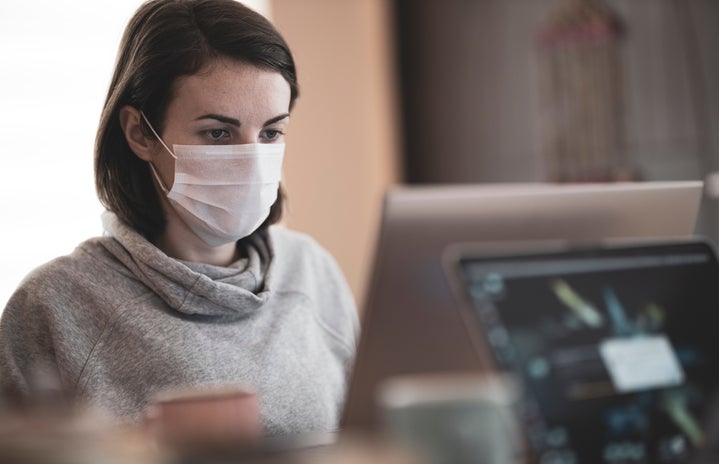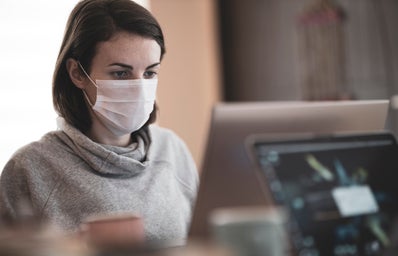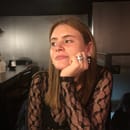Information literacy is the crucial ability to be able to distinguish a trustworthy source from a false one and its importance is not emphasized enough. To properly practice information literacy, a reader must be able to evaluate sources, analyze why it is important and relevant, and then communicate the information they learn clearly and correctly.
Many Americans have proven that this literary tool has not been highlighted sufficiently in their grade school lesson plans.
The need for this ability in the United States was called for attention in 2020, during the COVID-19 pandemic. Fake news spread across the country like wildfire, dominating platforms like Facebook, Twitter, and Instagram. False information regarding the vaccine was delivered to Americans through friends’ Facebook posts, the President’s personal opinions, and conspiracy theorists.
Facebook and Twitter being some of the largest spreaders of fake news and conspiracy theories, constrain Americans to their initial political opinions. On these media platforms, they follow family and friends, who most likely share the same ideologies as them. By relying on social media for news viewers are only exposing themselves to one side of politics, and strictly believing what they see. George Pearson, a senior lecturer and research associate at Ohio State University states, “Right now, the structure of information platforms — especially social media — may be reducing positive media literacy behaviors.”
May read satire, conspiracy theories, or opinion pieces, and mistake it for the news or current events due to the lack of information literacy. During the COVID-19 pandemic, this issue was exposed to exponential levels. The need to get vaccinated was overshadowed by false stories like, “There is a microchip inserted in your arm with the vaccine,” and that, “Masks do not help.” Facebook implemented a policy that is “Working to remove COVID-19 content that contributes to the risk of real-world harm.” Although this is a valid step to take, Americans should already have the knowledge to decipher what is a reliable source to avoid falling for these fake news traps.
Ill-informed Americans decided not to get tested, that masks were not important, and that vaccine was dangerous. We saw numbers of cases climb throughout the year 2020 as large groups congregated spreading the virus, some of these gatherings being organized by Donald Trump for his campaign. The commotion, political divide, mixed messages from the President, and alarming health risks due to the pandemic made it a very difficult time to decide what was real or fake.
The chasm in the media was caused by the political climate of the approaching presidential election and the various messages spread through the media.
The very premise of these issues begins with the inability to find reliable sources and trust a person based on their qualifications, rather than alignment with personal beliefs. After 865 thousand tragic deaths it is time to revise, and brainstorm how to prevent this in the future.
To combat this problem from further spread, it is necessary to implement a greater focus on teaching the necessary skills in elementary education to create information literacy in the youth. Beginning at a young age, students should research existing issues/controversies in the world, finding scholarly, peer-reviewed, and truthful information. Education is a powerful tool, with it we will not only minimize detrimental debacles like vaccines during COVID-19, but we would also have a more educated society, sharing and learning from each other in a harmless yet helpful way.
Next time you are reading an article, Facebook post, or listening to a family member or friend speak, I urge you to ask yourself: Where did they get this information? Can I find a reliable source that backs this up? Is there any alternative motive with this message? Read closely, look into the author, do more research, be curious, be safe!


